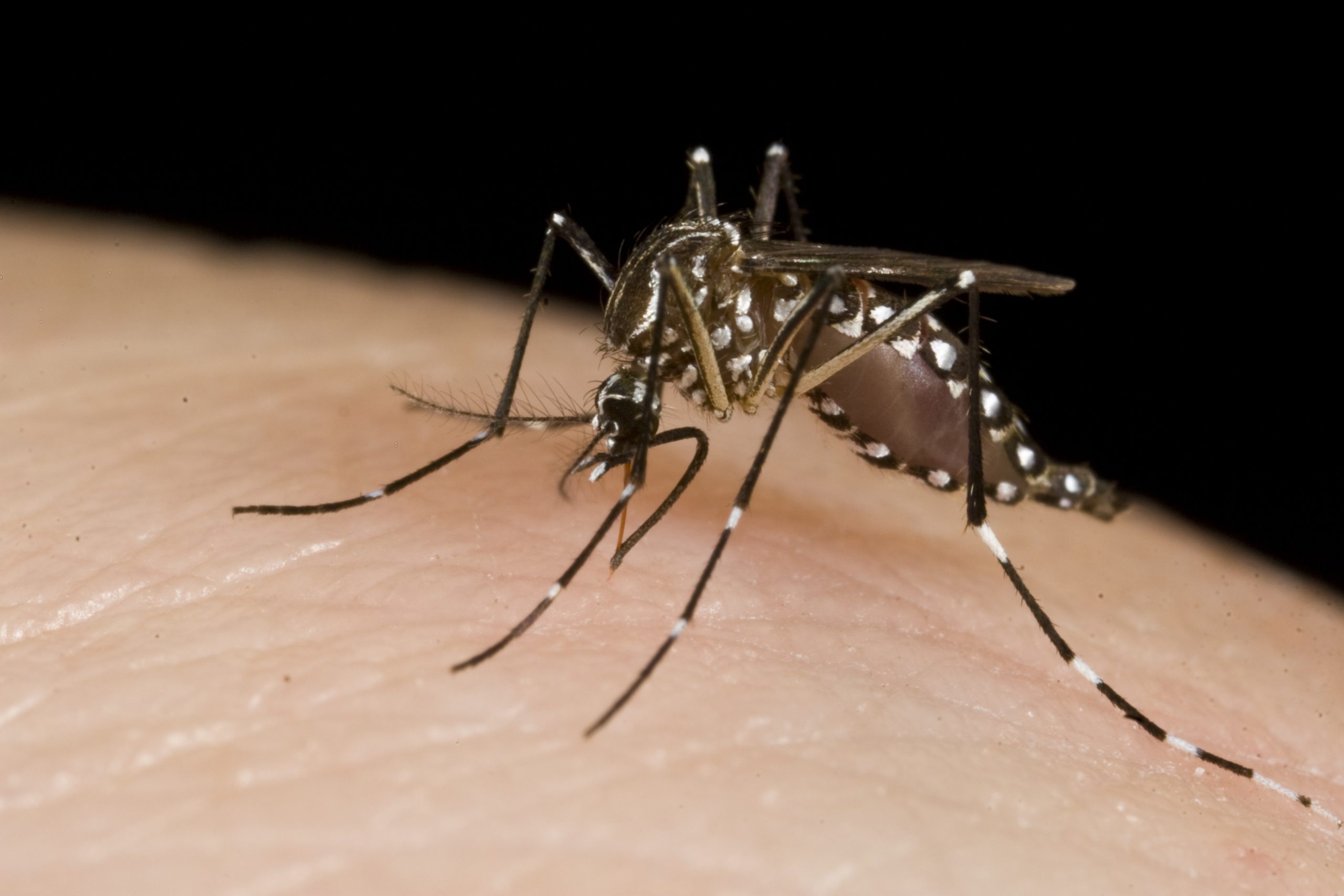![]()

A Panhandle mosquito trap site has recently collected mosquitoes positive for West Nile virus. These are the first confirmed positives for the season in the Panhandle. These positive
mosquitoes give Panhandle Public Health District (PPHD), along with other health departments, an indicator of the location of the virus and where people may encounter mosquitoes carrying the virus.
Multiple locations across Nebraska are routinely monitoring sites to trap and test mosquitoes over the summer months. Human cases of West Nile are also used for surveillance.
At this time, there have been no cases of human West Nile reported in Nebraska.
West Nile virus is contracted through the bite of a mosquito. It begins with flu-like symptoms that can include a slight fever and headaches, though 8 out of 10 people never develop symptoms. Severe symptoms of West Nile can lead to encephalitis which can cause
inflammation of the brain, disorientation, convulsions and paralysis. People with compromised immune systems are especially susceptible to this disease.
Prevention is the best to avoid getting diseases from mosquitoes. All Nebraska residents are
encouraged to:
Use insect repellent that has DEET, picaridin, or oil of lemon eucalyptus.
Be careful at dawn and dusk when mosquitoes are most active.
Wear long sleeve shirts and pants, especially when out hiking and camping.
Mosquitoes can breed in small pools of water, so frequently check your property for
standing water and drain items such as kid wagons, bird baths, flowerpots, gutters, and
tires.
Even with the sudden change in weather, it is still advised to be cautious outdoors until
there are consistently low overnight temperatures.
Dead birds are also a sign that West Nile virus is present in the area. Panhandle residents can
now report dead birds online during the WNV season. Visit: https://tinyurl.com/ycudv3tc to
report birds found on your property.
